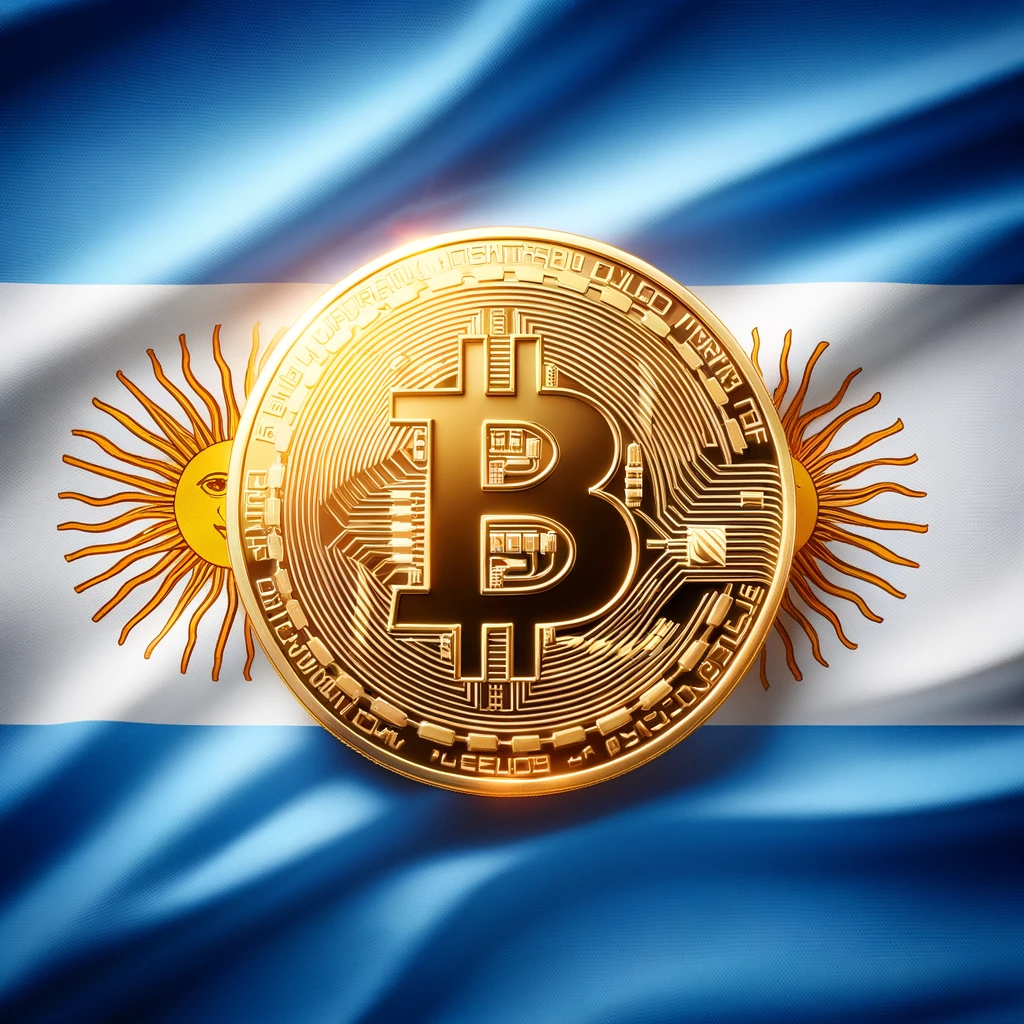Max Keiser, an adviser to El Salvador’s President Nayib Bukele on Bitcoin questions, made a recent attack on the position of Argentine President Javier Milei on cryptocurrency. Keiser claims that Milei’s economic prescriptions are a “rookie mistake” in that they lump Bitcoin together with all the other cryptocurrencies.
This comment is made in times when Argentina faces a severe financial situation, with its peso losing most of its value against the US dollar since 2008. The crypto community applauds Milei for being open to Bitcoin. However, his general crypto policy has caused controversy among the Bitcoin maximalists.
Milei, who took office in December, has implemented bold economic policies to address Argentina’s financial challenges. His administration has faced criticism for recent regulations introduced by the Comisión Nacional de Valores. These regulations require virtual asset service providers to register with the government. Keiser contends that including Bitcoin in these regulations undermines the cryptocurrency’s unique status. He suggests that this move could potentially set back Argentina’s economic reform efforts.
El Salvador’s contrasting Bitcoin policy
The use of cryptocurrency in El Salvador is moving in a different direction under the leadership of President Bukele. The country adopted the digital currency when it was concurrently the first to legalize Bitcoin in 2021.
However, the issuance interdiction law on digital assets of El Salvador does not include Bitcoin in its regulatory authority, demonstrating the clear distinction of Bitcoin from other cryptocurrencies in this country. This approach has also lured operations such as Bitfinex, which obtained a license under the new law in April of last year. Keiser uses El Salvador’s policies as an example of a more successful approach to understanding and utilizing Bitcoin’s promise.
However, Argentina, in spite of its financial difficulties, has refused to emulate El Salvador and lean toward Bitcoin. However, President Milei has suggested that the Argentine economy could be dollarized. This action means a different course from the Bitcoin-hot strategy promoted by the likes of Keiser. The inclusion of Bitcoin in the recent Argentine crypto regulations serves to deepen the divide between the two countries’ attitudes toward digital currencies.
The dilemma of the Bitcoin’s status
The rancorous debate over Argentina’s new crypto regulations mirrors the heated discussion within the cryptocurrency community. All Bitcoin maximalists, Keiser included, emphasize the fact that Bitcoin is unique and is a decentralized system aside from being a store of value. They interpret the conflation of Bitcoin with other cryptocurrencies as a misinterpretation of its special role. This view highlights the discord among the various groups within the crypto community, especially on the regulatory aspect.
.@JMilei is making rookie mistake lumping #Bitcoin in with “Crypto”
— Max Keiser (@maxkeiser) April 2, 2024
This sets his agenda back by years.
Pres. @nayibbukele understands #Bitcoin on a deep level and never made this mistake & passed laws clearly stipulating that everything not BTC is an unregistered security.
The criticism by Keiser of Milei’s policy highlights a major difference in which cryptocurrencies should be utilized for economic reform. Although El Salvador’s case indicates a dedication to the adoption of Bitcoin within its financial and legal system, recent legislative action implemented in Argentina symbolizes the country’s wariness of digital assets. This difference in policy and philosophy reflects the current debate on the proper approaches to practice and control cryptocurrencies in national economies.





